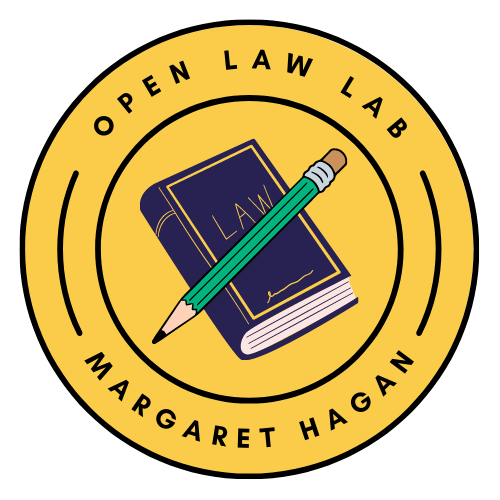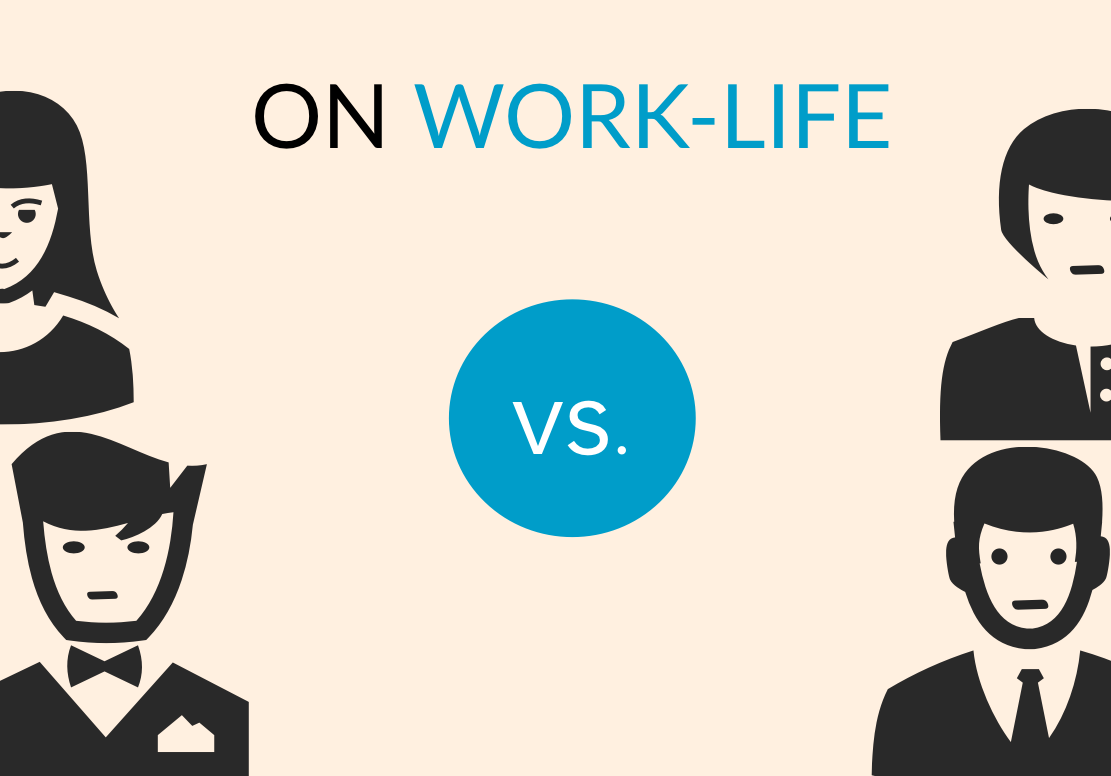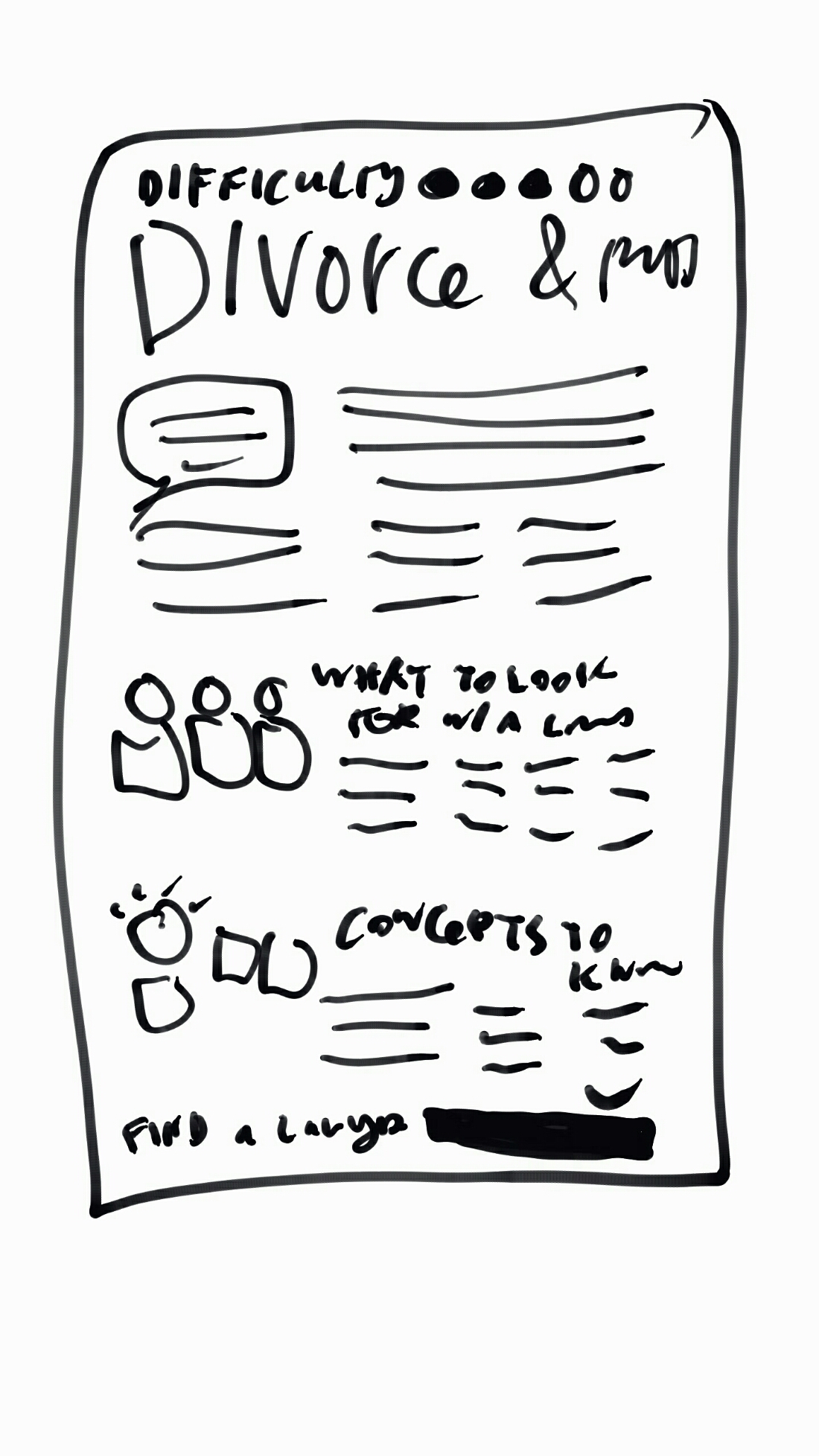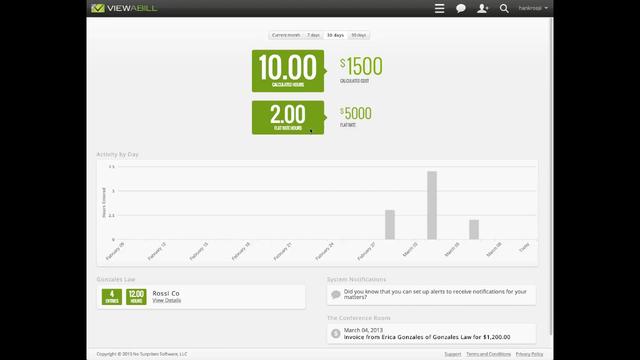The generational gap and the drive for change in the legal profession
This past weekend I was at the Canadian Bar Association annual conference, where the theme was building a better lawyer. My task was to run a workshop one morning with all of the attendees to explore how we might bridge the generational gap — particularly that between Millenials & Baby Boomers — in legal services.
This taps into a research project that I’ve begun this summer with Lucy Ricca, my colleague at Stanford Law’s Center on the Legal Profession. She and I are reaching out to young lawyers, asking them about their experiences of a generational gap and what they think could be different inside of their workplace.
The CBA workshop was a great chance to explore these questions with the Canadian lawyers and law students in attendance, and to begin to think generatively about how to address the gap that may exist inside their particular organization.
To begin with, I presented the typical vectors that previous writers have used to characterize the tension between legal generations.
These tension points were meant to direct the workshop participants to some of the targets they may choose for their concept designs — or some of the levers/dynamics they could tap into when crafting their interventions.
Another thing I presented before the workshop: the status quo ideas of how to ‘bridge the gap’. From my survey of the think-pieces on the legal generational gap, I found that most of the people who are calling for interventions to improve generational gap are focused on communication. The hope is that by increasing awareness of generational differences & points of tension, then the more junior and the more senior lawyers will be more sensitive to each others’ preferences and do a better job at speaking to each other effectively.
I appreciate the value of this ‘improved communication strategy’, but I also think that we as a profession can do better than this. There can be more interesting and potent interventions to resolve this gap.
And my other nagging thought is that inside this gap & these points of tension, there lies potential to drive wider change in the legal profession. This gap is not just one more thing on a list of challenges facing the profession, but it can be a powerful disruptor of our law firm models, our accepted fates of ‘how it is now, is how it must be’. From the generational tension — the young people with ideas about how things could be better, and the senior people with all their expertise and experience — can we develop ideas for making our legal careers more satisfying, our legal orgs more effective, and our clients better-served?
I presented all these ideas to the participants, before setting them off on a 2 hour design sprint to work together in teams of 4-8. Each team was tasked with scoping down this broad challenge of ‘bridging the generational gap’ to a more specific persona, use case, and problem statement to tackle. And after that scoping, they brainstormed possible designs to resolve that persona’s problem (and hopefully have positive effects for the rest of the legal org).
So where did we end up? After 2 hours of interviewing, mapping, brainstorming, prototyping, & testing — some promising ideas emerged. Here are a few that I heard of:
- interactive & two-way professional development, in which people from different levels of seniority must make presentations/skillshares to each other
- Shark Tank/Dragon’s Den like intra-firm ideas competition — bring your concept for how to make the org/service-offerings better, pitch it, refine it, and get a guaranteed sum of money to actually make it
- a metrics review/assessment, in which more senior lawyers have to explicitly think about what metrics they’re using to judge the junior lawyers’ work (like, face-time in the office) and evaluate whether these are the right metrics to use overall, and whether they are right for this specific junior lawyer
- design workshops inside law firms, in which mixed groups (including people outside the firm) have to rank an agenda of issues, and then work together in sprints to come up with ways to tackle them
- an anonymous idea bank, where anyone can submit a concept for how things could be improved at the firm, without their name/place-in-the-hierarchy attached to it — and then have a ritual time/meeting in which these ideas are reviewed
- a yearly idea golden ticket — a junior lawyer makes up a yearly list of 3 things she wants to change about her job or how she works, submits them to her senior supervisor/mentor. Then the two have a conversation to talk through these 3 things, and narrow it down to 1 that will move forward. The rest of the firm should give the budget & support to make this 1 idea happen as a pilot, then the junior lawyer should run with it, gather data about it — and if the data shows improvement, then this idea can get scaled up into a firm-wide change.
What do you think of these ideas? They are young, the product of just a few hours of work — so still ready to be refined, scrapped, or edited dramatically.
Here are photos from the workshop!




























